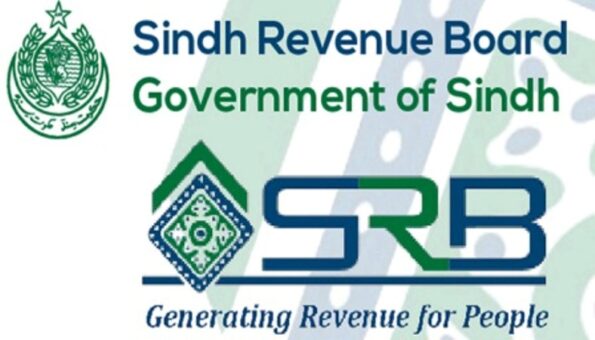KARACHI: Foreign investors have said that duplication of taxes due to lack of coordination between federal and provincial tax authorities are hampering foreign direct investment (FDI) into Pakistan.
The Overseas Investors Chamber of Commerce and Industry (OICCI), the representative body of foreign investors in Pakistan, said that duplicate taxation is causing hardships to taxpayers and has given rise to unnecessary litigations and is one of the deterrents in attracting FDI in Pakistan.
The OICCI in its budget proposals for 2020/2021 submitted to Sindh Revenue Board (SRB) said that all the four provinces and the federal government have introduced distinct sales/service tax laws for their respective jurisdictions, with some of the clauses in clear conflict with each other resulting in foreign investors being pursued and harassed by the federal and provincial revenue collectors (FBR, PRA, SRB, KPRA and BRA) demanding tax on the same transactions creating undue hardship and double taxation claims for taxpayers.
“This situation is highly undesirable and creates complexities for investors,” the OICCI said.
Giving an example, the OICCI said that a service provider registered in Sindh providing taxable services to recipient in Punjab is liable to pay sales tax in Sindh whereas the withholding agent (recipient of service) is registered in Punjab and is liable to withhold sales tax and pay the same to Government of Punjab.
Although, some improvements have been noted in the coordination between the revenue authorities, investors’ concerns continue, for e.g. the issue of levy of sales tax at ‘origination’ and ‘termination’ of service in both the provincial legislations on services has still not been resolved.
Section 60A and 60B of the Income Tax Ordinance, 2001 has not been amended to allow contribution to Provinces in respect of WWF and WPPF.
The OICCI recommended:
In line with International and Regional practices a uniform service tax law may be drafted and agreed upon by the tax authorities of the Provinces and Federal Government, for implementation in their respective jurisdiction. Furthermore, a uniform tax return may also be introduced for the taxpayers.
The above points can be addressed by taking the following steps which will lead to effective management and expansion of the tax base:
i. A policy board comprising of the Chairmen of the Federal and Provincial revenue authorities (FBR, PRA, KPRA, BRA and SRB) should be formed to ensure synchronization of the policies, standard tax rates, basis of apportionment of revenues and removal of all anomalies/ conflicts between the laws of the different revenue boards (for example issues of jurisdiction, sales tax on toll manufacturing, clarity on jurisdiction and deductibility of WPPF/WWF expenses paid to the provinces).
ii. Revenue authorities should decide the basis of levy of indirect tax, which can be origination or termination, to establish jurisdiction of taxation of services;
iii. To promote transparency and uniform interpretation, a ‘Standard schedule’ should be introduced covering all services along with standard Tariff Headings and Standard definitions. The standard schedule should be adopted by all provinces and Islamabad Capital Territory while levying sales tax on services in their respective jurisdictions
iv. One return may be filed with identification of provincial head of account and direct deposit of share of tax of each province.
v. SRB to resolve with FBR for appropriate amendment in IT Ordinance, 2001 to ensure that payments made to the provincial tax authorities on account of WWF and WPPF are allowed as tax deductible expense.
vi. SRB should take up the matter with FBR for the proper mechanism for adjustment of input tax on franchise service payable in reverse charge mode.






